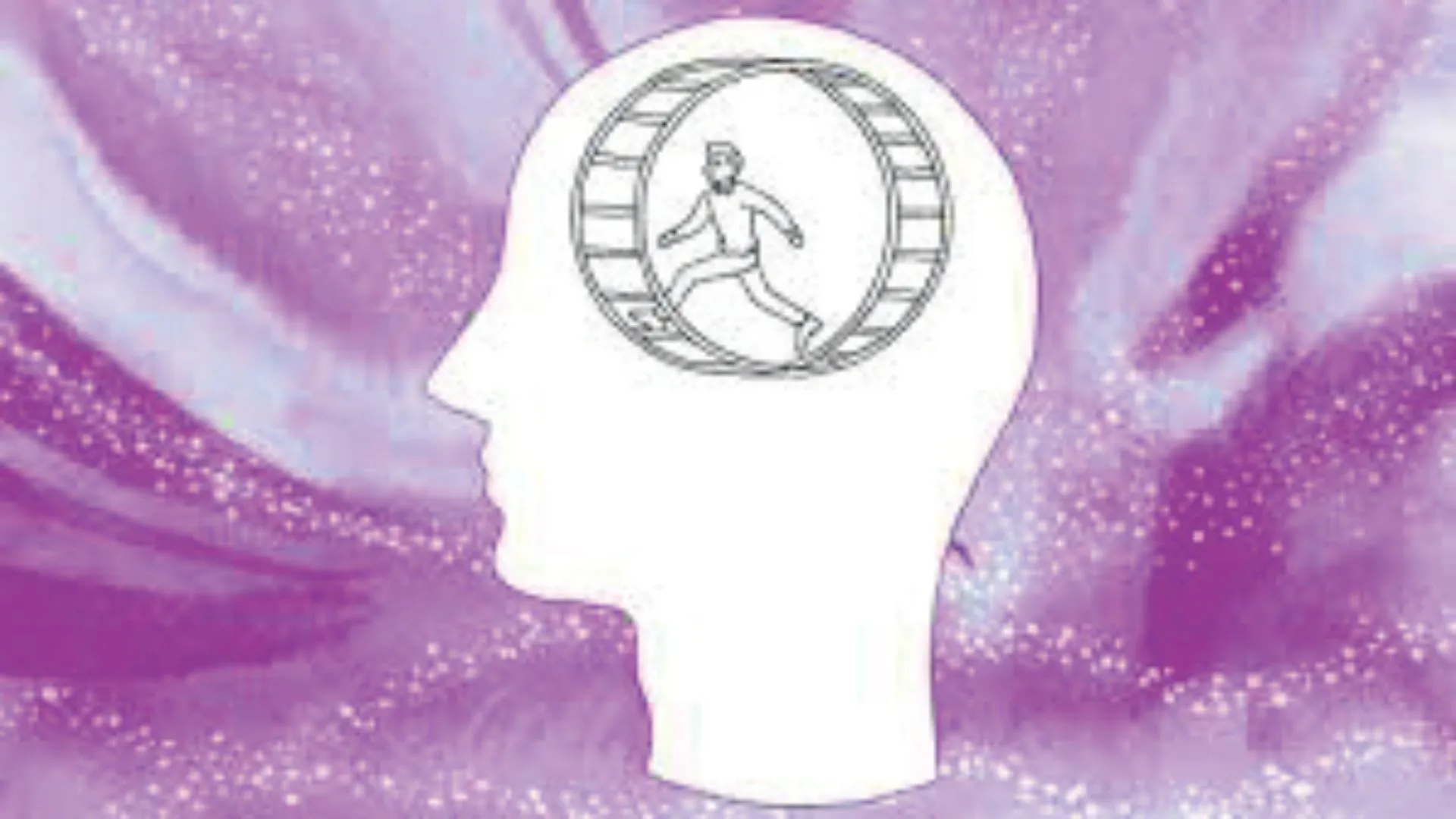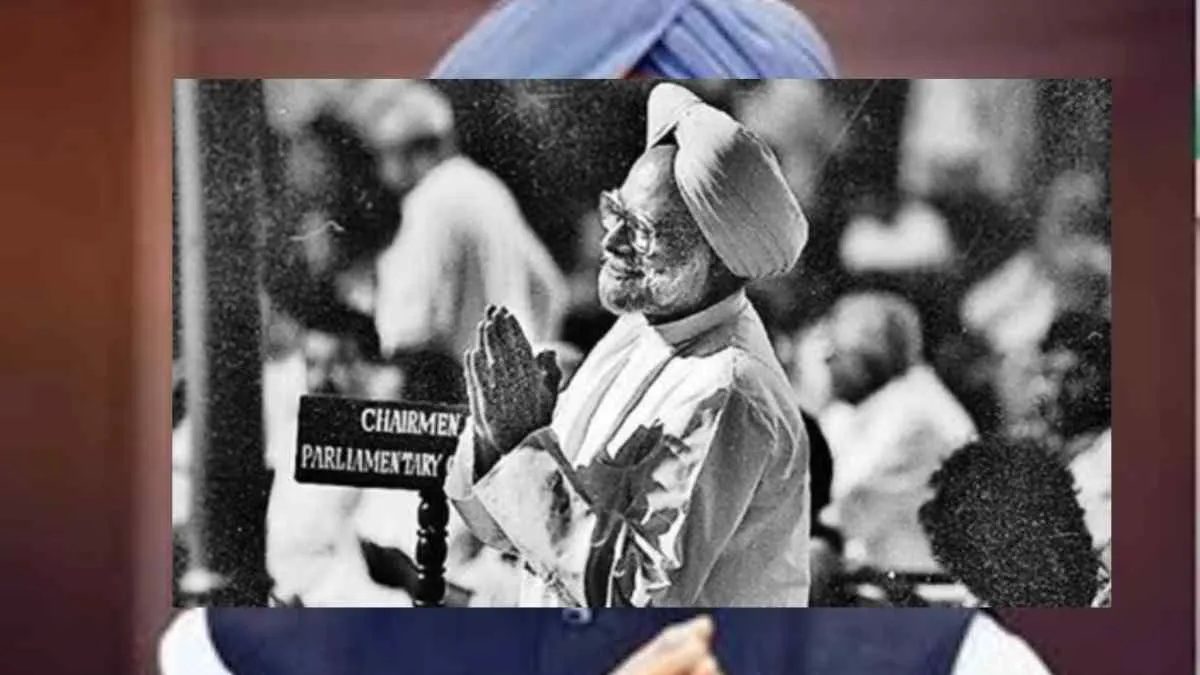Origin of Artificial intelligence (AI) has not only molded the way of effective learning but also gave a broader aspect of ideas, creativity and reviewing of the research. In this technological era, AI is spreading as a holocaust towards every industry including education, research etc. AI tools are not only enhancing the interpretation accordingly, but also becoming a crucial cause in shrinking of thoughts and analysis of the literature culture. Notwithstanding, AI has been also considered as a boon to generate the ideas, thoughts & the personalization and customization have become the necessity of every academician and Scholar. Each wants to retain & convey the theoretical cum practical knowledge for the means of effective learning.
While artificial intelligence has many benefits, there are also drawbacks, the Impact of AI has driven the analysis upon the critical research, which raises a serious concern about the reduction of critical thinking and also deep reading skills. The effective balance should be kept between the richness of literary culture and technology.
Impact of AI on Literary Studies
Prior to the instigation of AI, the literature was within the ambit of few heads. AI tools can easily access the large volumes texts, patterns, themes quickly, that might be missed by human readers, along with, AI can determine the aspects & emotions of literature, due to which it provides the landscape analysis of the tone of literature work. While accessing the digital humanities, AI retains the historical numbers and provides the quantitative methods. AI tools also helps in digitalizing the archived researches, making more accessible and searchable for researchers.
Tools like Chat GPT, AI Bots are not only offering the literary criticism through various interpretations but also complementing the traditional critical approach and offering the fresh perspective. The algorithm of AI can generate poetry, novels and other literary works although these works cannot be replaced by human-authored literature, it not only creates the new possibilities but also challenge our understanding of authorship and creativity. To engage more deeply with texts, AI helps to various scholars, AI powered platforms can provide literary analysis of theory, reading levels, and can enhance the engagement. AI also helps to translate the literature in various languages, which promotes the cross-cultural literary appreciation.
Challenges & Concerns
“Humans should be worried about the threat posed by artificial intelligence.” These mere words are given by an American businessman, investor, philanthropist, and writer, Bill Gates. These thoughts are not only posing the concern towards the artificial intelligence but also marking on the several challenges. The use of AI tools, are encouraging superficial engagement with texts, due to which students and researchers are highly relying upon heavily AI-generated summaries, rather than applying mind upon literary studies, this over reliance on AI not only diminishing the development of critical thinking but also limiting the analytical abilities for the literary studies. AI generated algorithms are leading to the inaccurate analyses, as the quality of AI generated literary works are often questioned, AI systems are trained on existing data, which include biases, affects the objectivity of literary studies. The content which is generated by the aid of AI, always raises questions about authorship and intellectual rights, and the ownership of the generated content. sometimes, AI generated texts raise a privacy concerns, especially when dealing with the unpublished manuscripts.
This increment in automation of content generation is not shrinking the minds of people but also impacting the jobs in academia, potentially reducing the need for human researchers, editors and writers. This AI generated content is not only raises a question of philosophy but also question the nature of creativity and ideas between machine generated works and human created literature, this is further resulting in the flood in literary market, which is making it harder for human writers to gain the proper recognition and appreciation for their significance and work, finding the perfect balance between leveraging AI and maintaining traditional literary practices is crucial to preserving the depth and the richness of literary culture.
Balancing Literary Culture and Tech
AI can interpret with new insights but human interpretation is an essential key for nuanced understanding, by fostering the collaboration between AI tools and literary scholars, AI can help to identify the patterns and trends. There should be a balance between the encouragement and the ready-made interpretations, AI tools should be designed accordingly to engage deeply with the texts, prompting questions and critical thinking. By ensuring & implementing rigorous standards to the AI drawn content, which can further ensure with the meets of academic and literary quality, along with human insight should be there to verify and scrutinize the AI driven literary projects to protect the authenticity and integrity of the creative works. There should be a balance and representative of a wide range of voices & literary traditions to train AI tools. There should be ethical considerations including fair compensation and recognition to Originally authored content by issuance of authorship and Intellectual property rights, protection of data should be kept in mind to protect the unpublished or personal manuscripts. Use of AI tool to inspire and assist human creativity, should be priorly considered over replace it. AI can provide the various prompts, ideas and suggestions but human author remains the central to the creative process, which not only ensures human efforts and creativity but also recognises the same.
To preserve the value and teaching of traditional literary methods and to enhance the traditional literary studies alongside new AI technologies, adoption of a blended approach should be done. AI is becoming the crucial trend in the society but the ancient and traditional methods cannot change the literary essence of literature and its significance.














